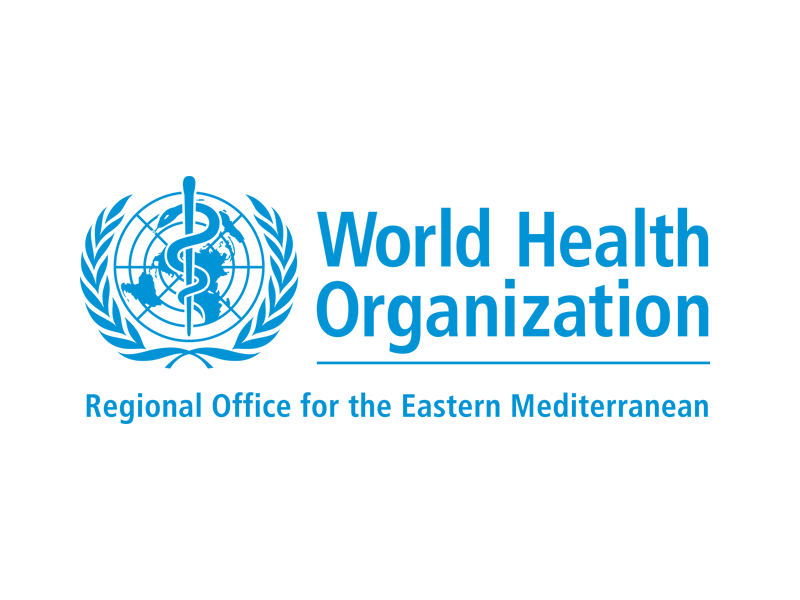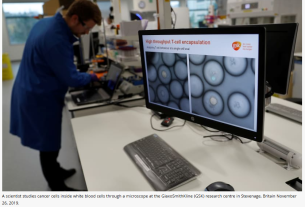11 August 2025, Manama, Bahrain – World Health Organization (WHO) Regional Director for the Eastern Mediterranean Dr Hanan Balkhy has completed her first official visit – from 4 to 6 August 2025 – to the Kingdom of Bahrain.
The visit reaffirmed the longstanding strategic partnership between WHO and the Government of Bahrain, highlighted Bahrain’s progress in advancing national and regional health priorities and set out a clear roadmap for enhanced cooperation in the years ahead.
Dr Balkhy met with national health leaders, including Chairman of the Supreme Council for Health Lieutenant General Dr Sheikh Mohamed bin Abdullah Al-Khalifa and Minister of Health Dr Jaleela bint Al-Sayed Jawad Hassan. They reviewed Bahrain’s health sector achievements and identified specific areas for future collaboration, with a focus on the 3 regional flagship initiatives.
Dr Balkhy held discussions with Commander of the Royal Medical Services Brigadier General Dr Shaikh Fahad bin Khalifa bin Salman Al Khalifa on national initiatives to strengthen the health workforce, and with members of the national health working groups on multisectoral strategies to address communicable and noncommunicable diseases.
Continuous strengthening of primary health care, investment in a skilled and future-ready health workforce and the integration of innovation and technology into all levels of service delivery are central to Bahrain’s National Health Plan (2016–2025). Dr Balkhy’s site visits illustrated these priorities in action.
At the Shaikh Abdulla bin Khalid Al Khalifa Health Centre Dr Balkhy observed Bahrain’s integrated, people-centred health service, recognizing it as a regional model for strengthening primary health care. At the Bahrain Oncology Centre she commended the groundbreaking achievement of using CRISPR-based gene-editing technology to treat a sickle cell disease patient, the first such application in the Eastern Mediterranean Region.
Throughout the visit discussions emphasized whole-of-government and whole-of-society approaches to health. Meetings with Minister of Interior Lieutenant General Sheikh Rashid bin Abdullah Al Khalifa, Minister of Sustainable Development Noor bint Ali Alkhulaif and Minister of Youth Affairs Rawan bint Najeeb Tawfiqi highlighted how multisectoral action is integrating health into sustainable development policies, fostering youth engagement and creating inclusive community programmes.
During a roundtable discussion on health workforce training in antimicrobial stewardship at the Arabian Gulf University, home to the WHO Collaborating Centre for Health Professionals’ Education Development, Dr Balkhy reflected on the importance of preparing future health professionals not only with technical expertise but also with the resilience and foresight needed to meet evolving public health challenges.
The visit also celebrated Bahrain’s achievements in community health promotion. The Northern and Muharraq governorates were awarded WHO Healthy Governorate designations, joining the Capital Governorate, with plans underway to extend the programme to the Southern Governorate. Bahrain’s implementation of the WHO Healthy Cities programme offers valuable lessons for countries seeking to improve community health and advance universal health coverage.
These successes complement Bahrain’s elimination of measles and rubella, its sustained polio-free status and internationally recognized health promotion and disease prevention initiatives, honoured through awards such as the Nelson Mandela Award for Health Promotion, the State of Kuwait Prize for the Control of Cancer, Cardiovascular Diseases and Diabetes and the WHO World No Tobacco Day Award.
Dr Balkhy acknowledged Bahrain’s central role in driving the regional humanitarian health agenda outlined in the Bahrain Declaration, adopted at the 2024 Arab League Summit, which sets a course for strengthening care for conflict-affected populations, improving access to essential medicines and expanding pharmaceutical and vaccine production across the Region. She reiterated WHO’s full support for the Declaration’s implementation, working in close partnership with Bahrain to translate its vision into action.
The visit reaffirmed the strong and growing partnership between WHO and the Government of Bahrain and underscored WHO’s continued commitment to supporting Bahrain as it advances its national health priorities, strengthens its health system and drives progress towards achieving Health for All.



